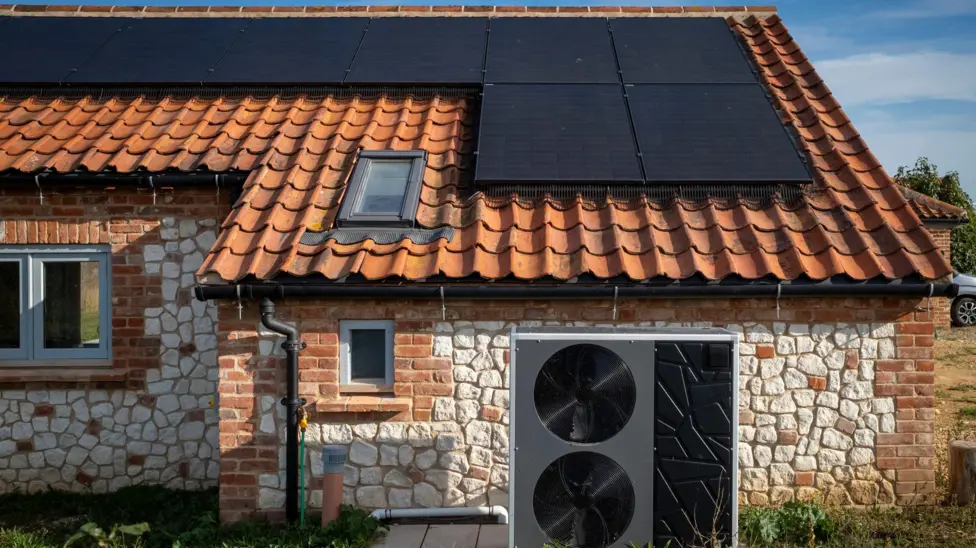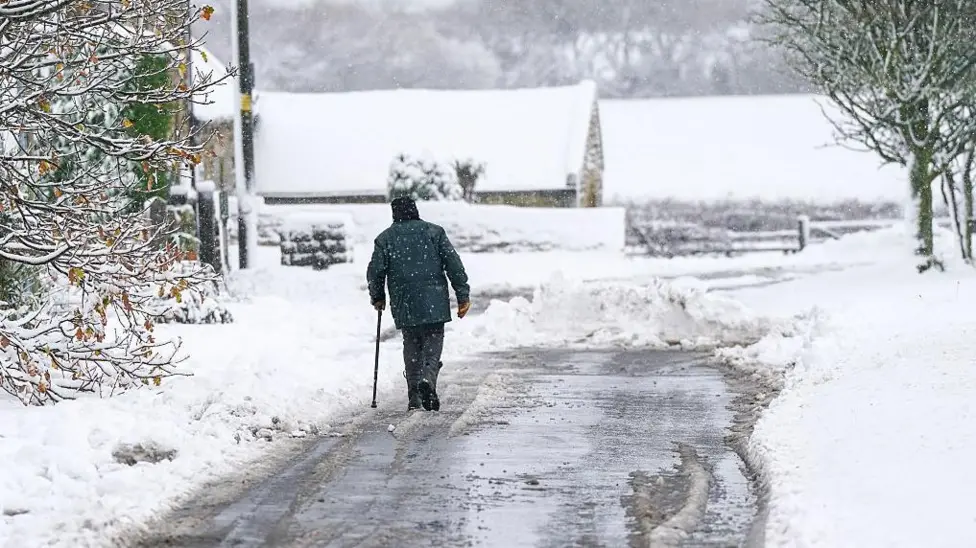News
Latest Redmile and Industry Updates
SEG tariffs under review
February 2023

With power prices in Britain remaining high, Octopus Energy recently increased its smart export guarantee (SEG) tariff to 7.5p/kWh, topping the tariffs on offer.
Suppliers with more than 150,000 domestic customers were required to launch an export tariff on or before 1 January 2020. At the time Social Energy offered the highest tariff at 5.6p/kWh, closely followed by Octopus Energy at 5.5p/kWh.
Since then there has been a lot of change in the energy supply sector, driven largely by supplier collapses due to rising wholesale power prices. In 2021, gas prices increased by around 500% but due to the price cap unhedged suppliers were not able to increase bills to cover these costs. This squeeze led to 27 energy suppliers collapsing, as well as Bulb going into special administration.
In January 2020, just weeks after the SEG was brought in, OVO Energy completed the acquisition of SSE’s GB household energy business. As such it took on all of the company’s SEG customers, but there are still two separate licences under the different brands, and as such two rates. SSE customers have a tariff of 3.5p/kWh, while OVO customers have 4p/kWh.
The majority of the SEG tariffs on offer have remained at a steady rate over the last two years, or seen moderate increases. Speaking to Solar Power Portal about the potential of increasing the tariffs in line with higher power prices, most suppliers simply noted that they keep their SEG tariff under constant review.
Full article at Solar Power Portal














